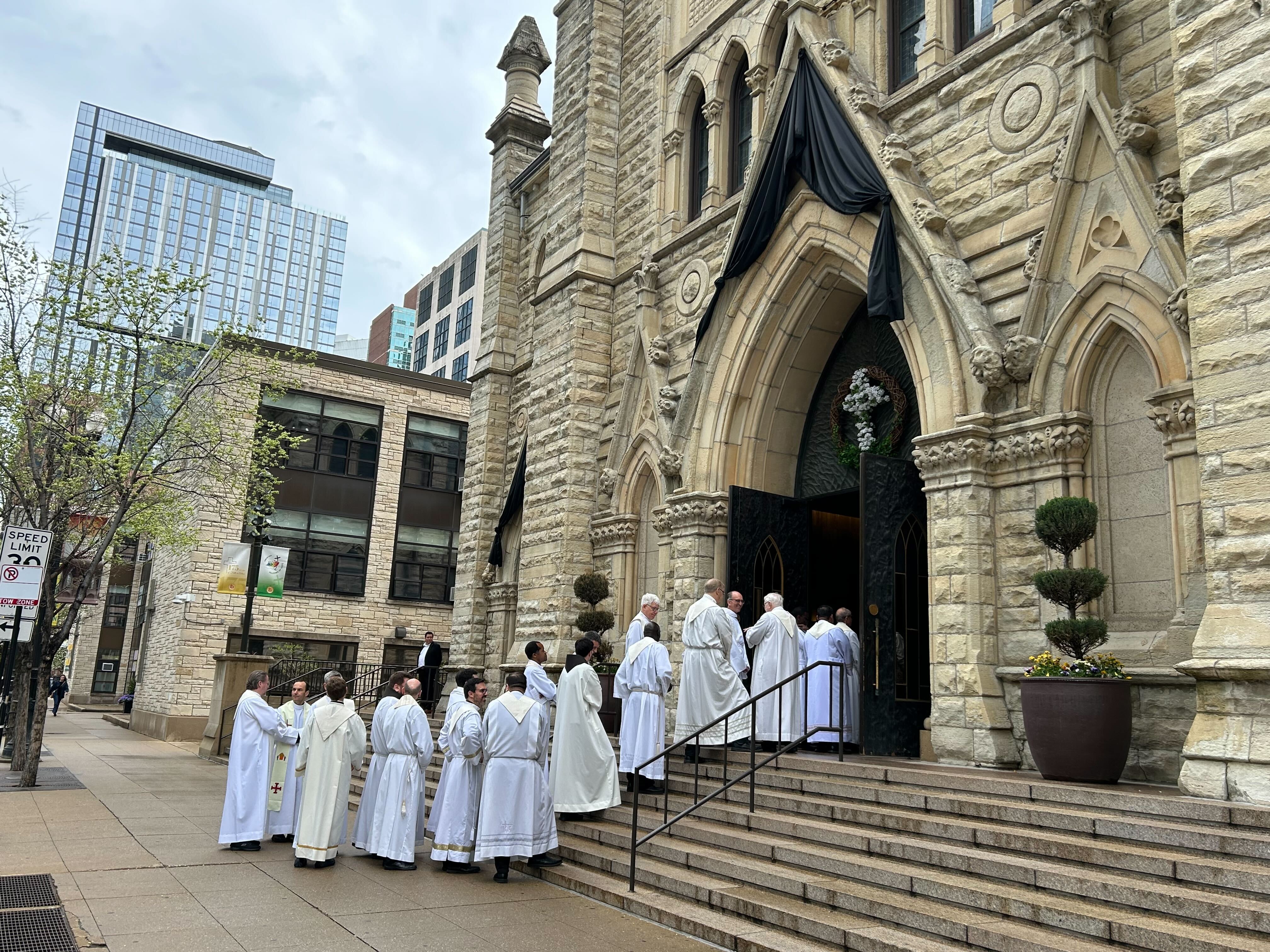Disgraced former House Speaker Dennis Hastert scored a minor victory in Kendall County Court Thursday, as a judge ruled he does not have to reveal the names of other young people he may have molested. Phil Rogers reports.
Disgraced former House Speaker Dennis Hastert scored a minor victory in Kendall County Court Thursday, as a judge ruled he does not have to reveal the names of other young people he may have molested.
The ruling came in a civil case, where a man called "James Doe", Hastert's original accuser, is seeking the balance of $3.5 million he says Hastert promised him in exchange for his silence. Hastert had paid Doe approximately $1.7 million when the scheme was revealed by investigators looking into the former Speaker's large bank withdrawals.
Now, Doe is seeking the rest of his money.
In a court filing, the accuser's attorney, Kristi Browne, had demanded that Hastert provide the names of "all individuals with whom you have had sexual relations of any kind while you were over the age of eighteen, and the other individual was under the age of eighteen." She had also asked that Hastert provide details on his relationship with other members of Doe's family, down to aunts, uncles, and cousins.

"Mr. Hastert, in answer to the complaint, won't admit or deny that he molested my client," Browne told the judge. "That means looking for other people who might be able to substantiate my client's allegations."
The alleged molestation of Doe was the root of Hastert's eventual undoing. Investigators looking into the former House Speaker's large cash withdrawals contacted Doe, and the hush-money agreement was revealed.

"I was shocked that he wouldn't admit or deny that the things he admitted to in the criminal proceedings happened," Browne said. "But he won't!"
Hastert's attorney John Ellis argued that this case is, at its heart, a breach-of-contract proceeding, and that any other names are irrelevant.
"That's by definition, a fishing expedition," he told the judge. "And the rules just don't allow that."
Local
Judge Robert Pilmer agreed, ruling that questions should be confined only to Doe's effort to recover the money due because of what actually happened to him alone (although the judge used the word "heinous" in making that reference.) But he did set a November 20th deadline for Hastert to finally answer the remainder of the 28 questions in the motion.
The matter is set to return to court Dec. 8.



